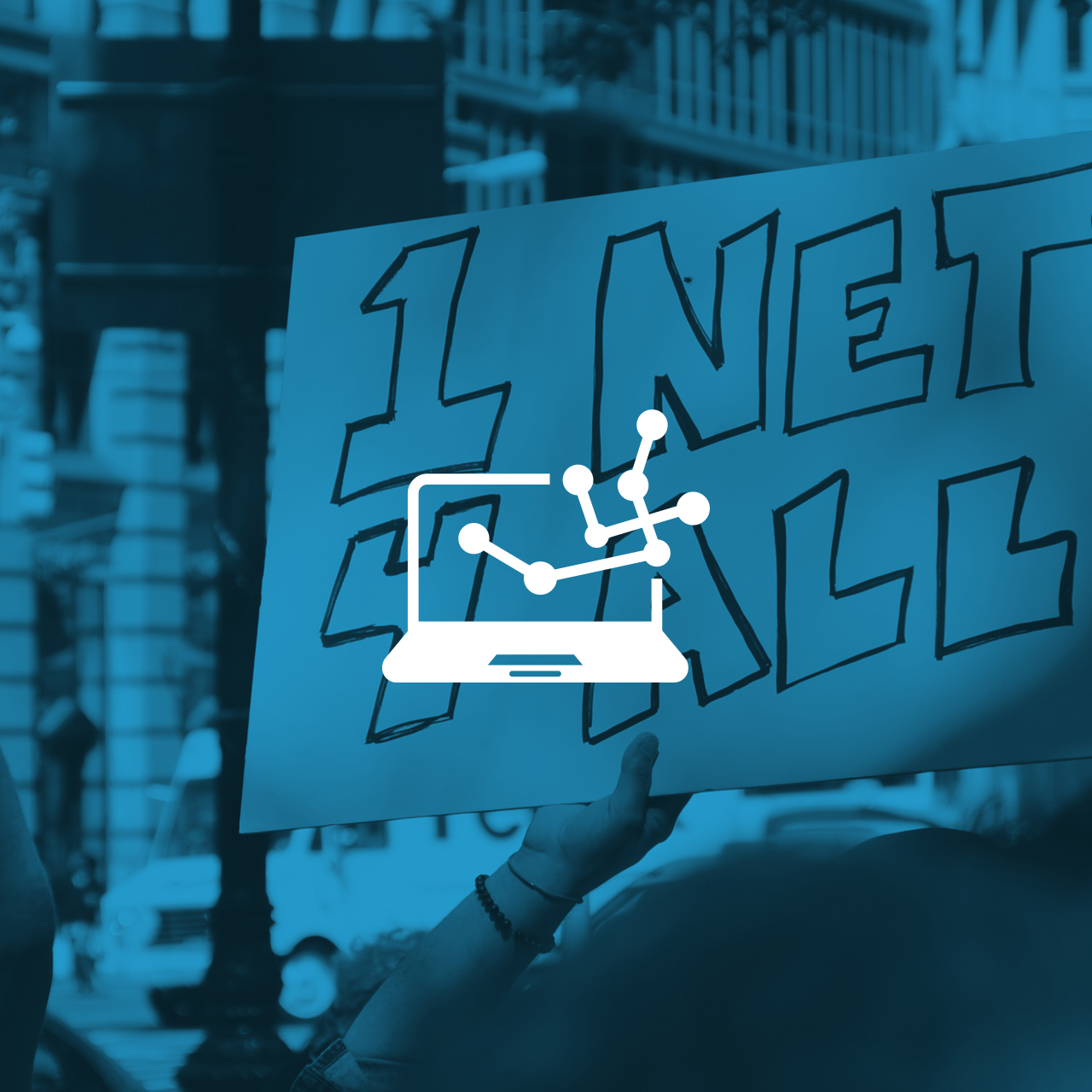
2014 was a major year for digital rights, with some significant victories and some worrying setbacks. 2015 is poised to be no different. This year, we asked Access staff to spotlight the big digital freedom issues for 2015. And we’ll need your help in the fight for digital freedom around the globe.
Technology
2015 will be the year of Big Data and Big Responsibility. Companies and researchers collect potentially sensitive data on individuals and at-risk groups, and we expect 2015 to focus on responsible data stewardship in collection, retention, and operational security. Organizations that collect valuable data may become targets for attacks and breaches. In civil society, we saw remarkable strides with the Civil Rights Principles for the Era of Big Data —and 2015 should see more work on the ethics surrounding the use of big data, which has become a pressing international issue.
For companies to succeed, they need to earn and keep the trust of their customers. In light of the breaches and compromises of last year, companies need to go above and beyond a mindset of check-box compliance, and rather, embed a focus on security and privacy into their company culture and corporate philosophy. Privacy engineering or privacy by design is not sufficient.
Business and Human Rights
The trend toward transparency in the telecom sector is gaining steam. In 2015, expect more telcos to report on government requests for user data and network disruptions worldwide. We’ll be documenting them in our Transparency Reporting Index. Meanwhile, more governments will issue National Action Plans on Business & Human Rights. We’ll make sure those plans look at the impacts on digital rights — and have some teeth! We could soon have a major international advocate, too, in the form of a UN Special Rapporteur on the right to privacy, who could ensure that surveillance remains firmly under the aegis of international human rights law.
Latin America
This year presents important digital rights challenges in Latin America. In Paraguay, a dangerous data retention bill is still under consideration in congress. Restrictive media regulations, in countries such as Chile and Venezuela , will be accompanied by the negotiation of free trade agreements like the Trans-Pacific Partnership, that could create more problems than solutions for digital rights in the region. Expect to see important battles for transparency on the acquisition of surveillance equipment by Latin American governments and companies. (See here and here.)
Europe
2015 already started out with a bang with the leak of a legal opinion by the European Parliament that may significantly impact data retention laws throughout the continent. The EU’s 28 member states are advised to review or revamp legislation which mandated the storage of telecommunications data for up to two years. Important international trade agreements such as the Transatlantic Trade and Investment Partnership (TTIP), the Trade in Services Agreement (TiSA), and the Comprehensive Trade and Economic Agreement (CETA) all have the potential to drastically impact digital rights under the guise of commerce. Finally, net neutrality—which came so close to meaningful reform in 2014—will once again be before the European Parliament under Telecoms Single Market legislation for final adoption. But the fight for net neutrality is not over yet. Before going back to the Parliament, the TSM proposal still needs to be reviewed by the Council of the EU, lead by the Latvian presidency, which can take bold strides to protect the open net.
Africa
Two regional powers in Africa are considering major bills that will impact digital rights in 2015. In Kenya, a High Court will shortly review a controversial national security bill that would severely harm human rights in a number of areas. In Nigeria, the presidential elections will dominate conversation in 2015 along with the militant Islamic group Boko Haram, while civil society groups drum up support for an exciting new, forward-looking internet rights bill.
U.S.
Surveillance reform is still an area of focus in 2015. This June, key provisions of the USA PATRIOT Act are poised to sunset, including Section 215, which authorizes the controversial and ineffective bulk telephone record surveillance program. Unless meaningful reform is passed early in 2015, the USA PATRIOT Act provisions should be allowed to sunset.
Cybersecurity remains one of the most pressing concerns for companies and users in the new year. Lawmakers must ensure the security tools we all depend on remain effective through increased funding for computer emergency readiness teams (“CERTs”) and research and development on digital security and the separation of government information security functions from surveillance agencies. Additionally, federal data breach notification requirements help users make educated decisions about their own security, though new laws must not be able to erode state protections.
We’re getting close to the open net we want. Expect to see key fights for net neutrality in the U.S. and around the world. In the U.S., we’ll be pressuring the FCC to reclassify broadband providers as common carriers under Title II of the Communications Act of 1934—the best way to protect an open net. Expect key decisions in February. But this isn’t just an American issue: the Global Net Neutrality Coalition will continue to grow—with over 50 civil society groups and translated into 16 languages—and to map out net neutrality legislation and opportunities around the globe.
